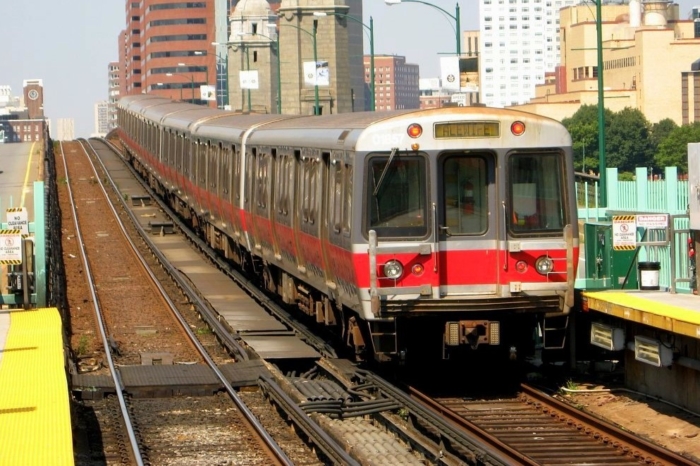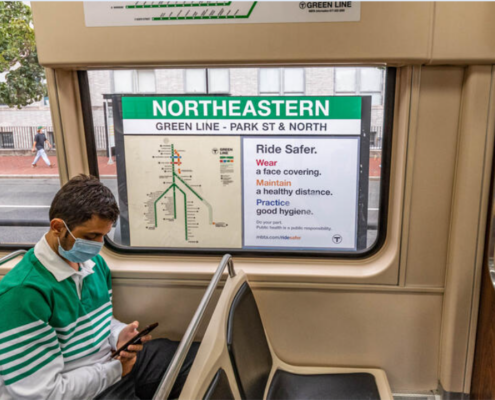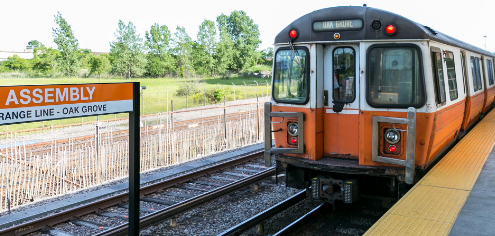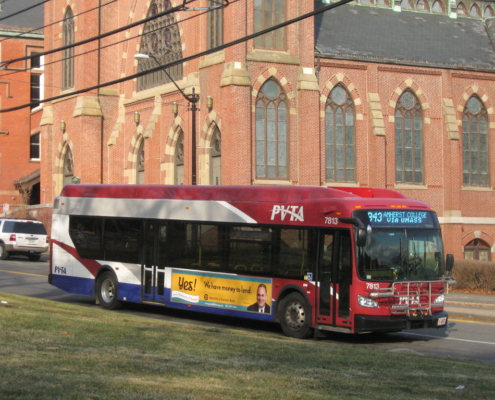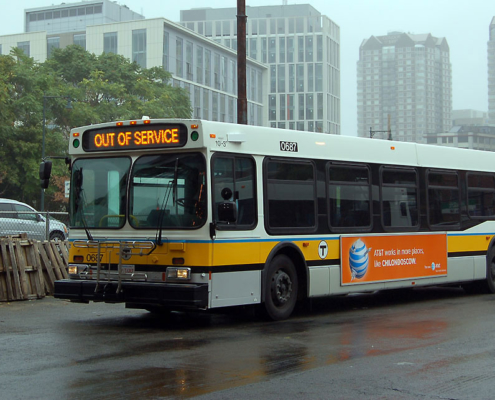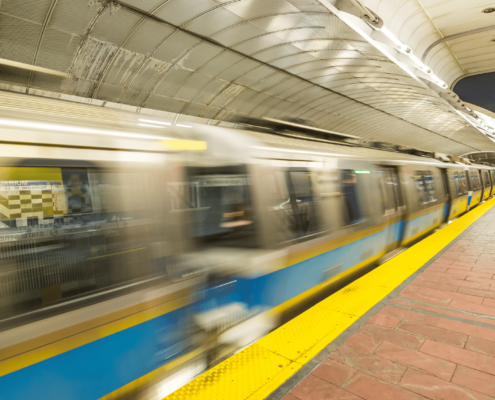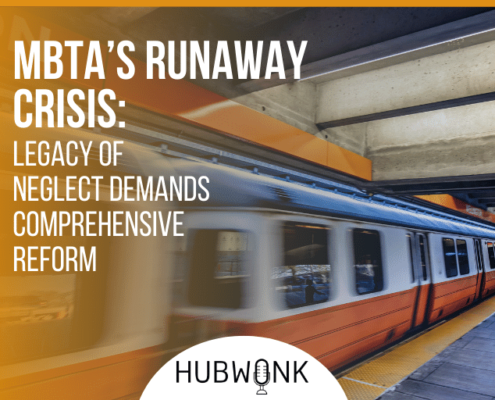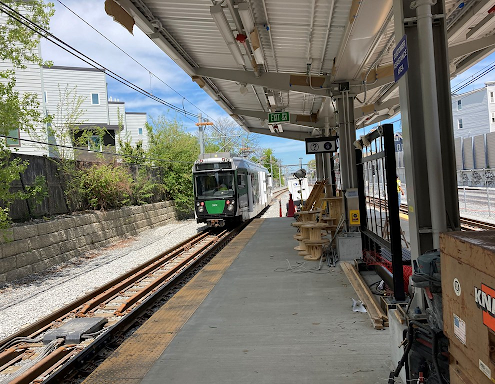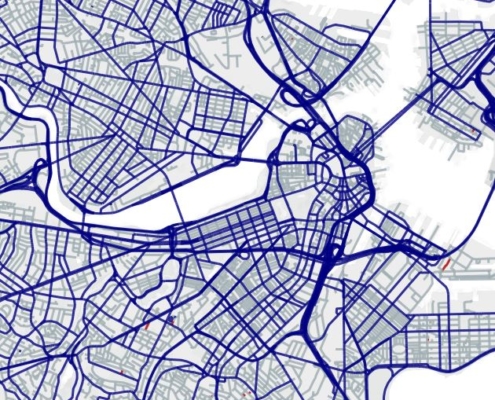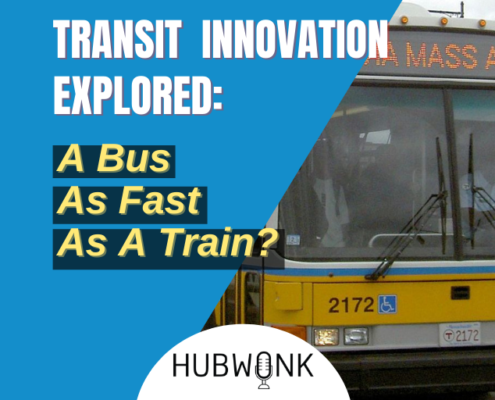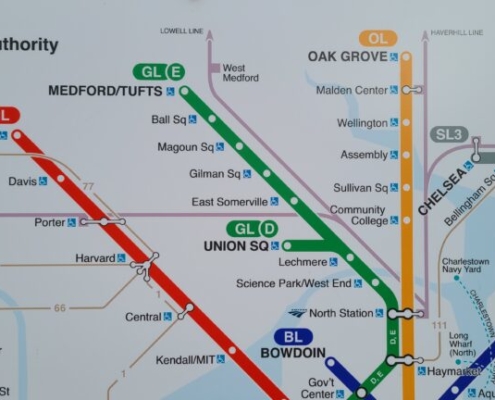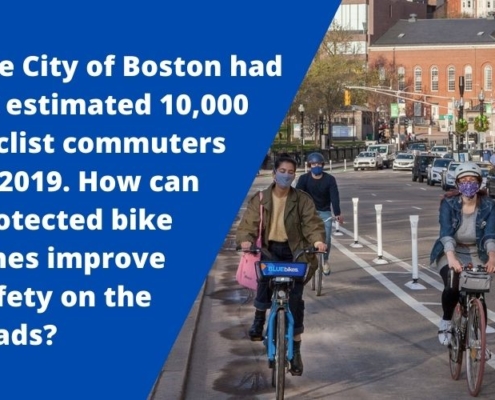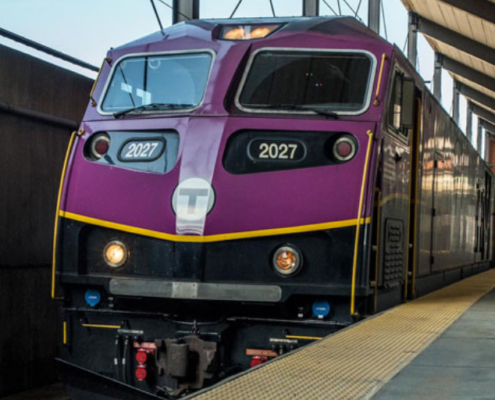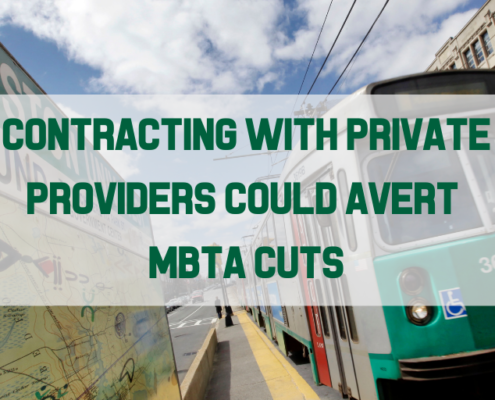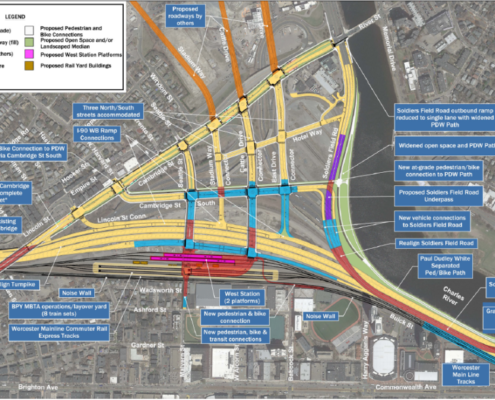Pioneer Institute Public Statement: A Season for Management Reforms
The MBTA’s red and green line derailments this week highlight the system’s troubling condition and its impact on riders’ productivity and quality of life. We at Pioneer – most of us are regular riders – understand how vital the T is to our economy. Through many administrations, Pioneer has advocated for policymakers to address the T’s performance issues, stemming from decades of insufficient maintenance, poor management structure, and lack of a clear investment strategy.
February 2015 brought nine feet of snow in a single month, laying bare the T’s inability to plan and execute at the most basic level. Only two weeks into those storms, Pioneer issued a public statement that outlined reforms that would be passed in July of that year. They were the most far-reaching in a generation, including the establishment of a Fiscal and Management Control Board, the time-limited suspension of the so-called Pacheco Law, and more changes aimed at accelerated improvements. Since then the Institute has published dozens of reports that created the foundation for numerous, important operational efficiencies and outsourcing of costly services, freeing up more funds for service upgrades. The results are:
- The T is now investing more than $900 million annually in infrastructure upgrades, more than double what it was investing in 2014.
- The almost $400 million budget deficit then forecasted for this year has been reduced to about $20 million.
- Unaccounted-for cash totaling nearly $20 million annually in the MBTA’s so-called “money room” came to an end when the process was outsourced.
- The T’s paratransit system, The Ride, is providing 15 percent of its services through Uber, Lyft and other private vendors at a cost of less than $14 per trip, as opposed to $60 under the old system, and customer satisfaction has skyrocketed.
- The warehouse is delivering parts in a fraction of the time as previously, to help improve equipment maintenance.
This progress is to be applauded and forms the basis for further improvement.
That said, on-time performance, while better, is not nearly where it needs to be. Most importantly, the T has financing capacity to increase its annual investment in system upgrades up to $1.6 billion; in 2018, it did not have the talent or the management structure to deliver on that financial capacity, leaving $700 million unspent.
Our overall transportation system may, in fact, need new money for road and bridge repair, bike and personalized mobility options, bus rapid transit lanes, smart signals and parking, and more.
But more than money, right now, the MBTA must deliver on a new season of reforms. As we have seen in the last 10 days, derailments continue to occur, putting riders at risk and crystallizing how far we have to go.
While we all wait to learn the reasons for this week’s Red Line derailment that continues to cause enormous disruption for commuters, we know the T needs to be able to reverse decades of neglect of its equipment and infrastructure. As T management has indicated, the authority struggles to identify and deliver on the most effective investments to upgrade the system. During this crisis as in past ones, Pioneer plays a critical role in the public debate, with Charlie Chieppo and Mary Connaughton taking the lead this week.
In March, after years of opposing fare hikes, Pioneer supported a 6.3% increase on the following conditions: that the T implement reforms to fare collection and its pension system, and speed progress on its maintenance backlog.
In the coming months, you will see from Pioneer recommendations directed at the needs of the current season — our focus will be less on labor reforms, more on management reforms; specifically, how to increase expenditures and target investments on capital upgrades and maintenance.
Our work will go well beyond that, but right now these issues should take priority. The T’s riders have suffered long enough; notwithstanding progress, far more must be done.
Get Our Fix the T Updates!
Related Posts

